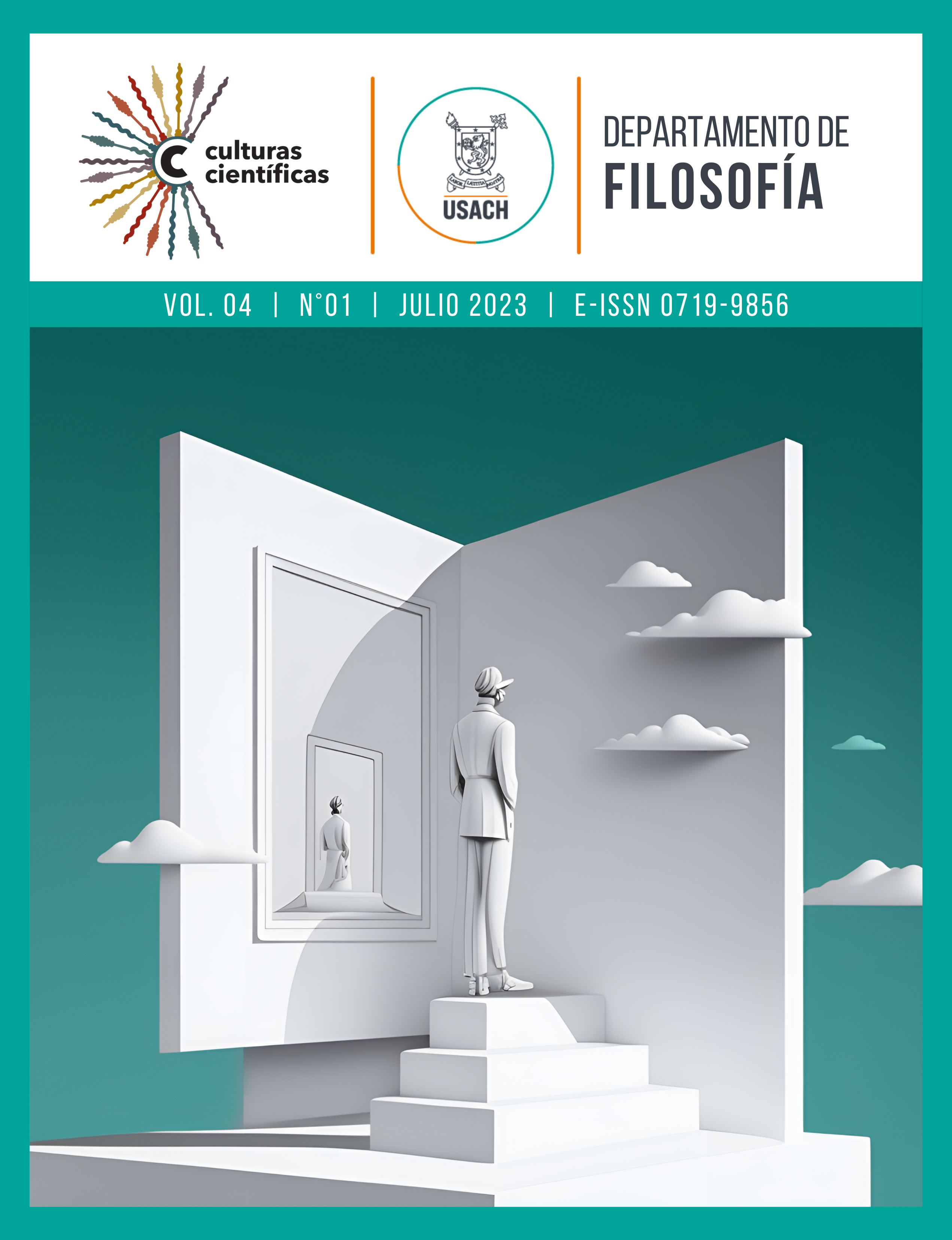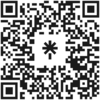Encyclopedic spirit and technical mentality
Contributions for a reflection on the industrialization processes in the province of Catamarca - Argentina in the second half of the 19th century
DOI:
https://doi.org/10.35588/cc.v4i1.5814Keywords:
Keywords: History, Philosophy, Industry, Paradigms, Optimization, History, Philosophy, Industry, Paradigms, OptimizationAbstract
This work aims to provide some elements for a reflection on the industrialization processes in the province of Catamarca - Argentina in the second half of the nineteenth century. To orient ourselves in this direction, we will start from the project of a genetic encyclopedia proposed by the philosopher Gilbert Simondon as a proposed approach. Then we will analyze the encyclopedic spirit present in the economic writings of Federico Schickendantz and Samuel Lafone Quevedo structured as teaching machines. Finally, we will present the description of two technical objects created by D. Mardoqueo Molina y Bazán elaborated in these writings. We consider that these technical objects provided a paradigm of intelligibility for the construction of certain images of the future of industrial activity in the province of Catamarca in these writings. From our perspective, the lack of a metastable state at the social level, necessary to amplify these images of the future, prevented the development of a technical mentality.
Downloads
References
Ballabio, A. (2018). Ontología indirecta e individuación en el último Merleau-Ponty. Revista de Psicología Universidad de Antioquia, 10 (1): 93-116. https://doi.org/10.17533/udea.rp.v10n1a04
Caro, R. (2013). Escritos económicos: Federico Schickendantz, Samuel a. Lafone Quevedo. Tomo I: Editorial Universitaria - UNCA.
Caro, R. (2013). Escritos económicos, Federico Schickendantz, Samuel a. Lafone Quevedo. Tomo II: Editorial Universitaria - UNCA.
Costa, F. (2021). Tecnoceno. Algoritmos, biohackers y nuevas formas de vida. Taurus.
Crawford, K. (2023). Atlas de la inteligencia artificial. Poder, política y costos planetarios. Fondo de Cultura Económica.
D’alembert, Jean le Rond (2020). Discurso preliminar de la enciclopedia, Editorial Universidad de Guadalajara.
Darnton, R. (2002). La gran matanza de gatos y otros episodios en la historia de la cultura francesa. Fondo de Cultura Económica.
Heredia, J. M. (2016). La invención de la individuación a la luz de una problemática histórico-epistemológica. Páginas De Filosofía, 17(20): 59–82. Recuperado a partir de https://revele.uncoma.edu.ar/index.php/filosofia/article/view/975
Peña de Bascary, S. (2014). Federico Schickendantz. Un científico investigador y vehemente. Revista de la Junta de Estudios Históricos de Tucumán, (14): 86-124.
Kant, I. (2002). Respuesta a la pregunta: ¿Que es la ilustración? Tecnos.
Rodríguez, L. (2018). El “problema” de los trabajadores en un emprendimiento minero del oeste catamarqueño (segunda mitad del siglo XIX). Aportes desde un corpus documental poco conocido MUNDO DE ANTES, 12(2): 97-125.
Sandrone, D. R. (2016). Elementos para una fundamentación y metodología de la educación tecnológica argentina en la Enciclopedia de Diderot. Revista Argentina de la Enseñanza de la Ingeniería. Año 5 (10): 1-8.
Schickendantz, F. y Lafone Quevedo, S. (2013). Industrias de Catamarca. En Raúl Caro (compilador) Escritos económicos: Federico Schickendantz, Samuel A. Lafone Quevedo. Editorial Universitaria - UNCA. Tomo II: 377-483. Simondon, G. (2017). Sobre la técnica. Cactus.
Simondon, G. (2018). Sobre la Filosofía. Cactus.
Simondon, G. (2007). El modo de existencia de los objetos técnicos. Prometeo.
Simondon, G. (2013). Imaginación e invención. Cactus.
Simondon, G. (2015). Comunicación e información. Cactus.
Hui, Y. (2020). Fragmentar el futuro. Ensayos sobre tecnodiversidad. Caja Negra.
Documento citado
Ministerio de Ciencia, Tecnología e Innovación. Secretaría de Planeamiento y Políticas en Ciencia, Tecnología e Innovación. IF-2022-90458465-APN-MCT. Plan nacional de ciencia, tecnología e innovación 2030. https://www.argentina.gob.ar/ciencia/plan-nacional-cti/plan-cti











